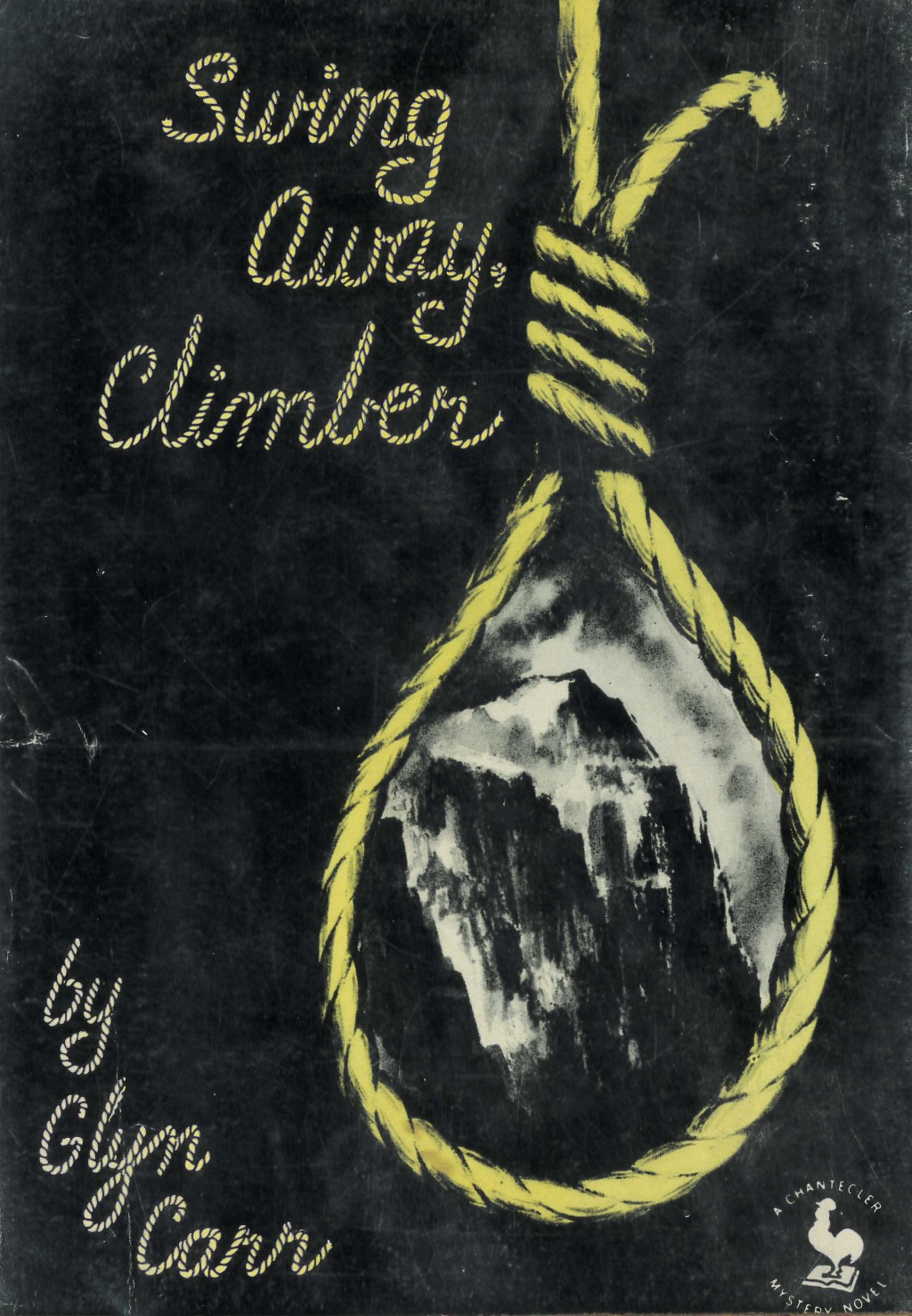
Frédéric Dard
Originally Published 1956
Frédéric Dard has been on my list of authors I wanted to try for an age so when I read that The Gravediggers’ Bread was an inverted novel I couldn’t resist starting there.
The book’s premise bears some similarities to James Cain’s The Postman Always Rings Twice, at least in terms of the initial scenario. Some elements and moments may seem familiar – particularly a biting of a lip that draws blood during a kiss – which led me to wonder if this was an intentional homage. Ultimately though the two novels take quite different paths and should be considered entirely separate works.
The story concerns a young man, Blaise, who is visiting a small provincial town in the hopes of securing a sales job for a factory. On arriving he discovers that he has got there too late and someone else was already hired. He is telephoning the friend who encouraged him to try to let him know the bad news when he discovers a woman’s wallet. When he returns it to her, the woman’s husband suggests that he could take him on to assist with sales for his funeral business. Blaise does not care much for the work but is drawn to the man’s wife and chooses to stay for her sake.
The Gravediggers’ Bread is a very short novel being just 160 pages long so I want to avoid going into too much detail about what prompts the crime or the circumstances in which it is done. What I can say is that there is a murder committed by the narrator and we follow Blaise’s attempts to avoid detection. While the identity of the victim will likely be quite obvious, the circumstances of the death and particularly the cover up are entertaining.
Where the novel is most successful is the building of tension as the reader wonders just how Blaise may be caught. Dard builds suspense very effectively in the second half of the novel in a couple of ways. Firstly by reminding us how precarious his position would be should the murder be discovered and secondly by allowing the reader clues as to some of the ways that might happen. But even then Dard has a further twist or two in store for the reader. Even if you work out where this story will ultimately be headed, the execution of these moments is quite sublime, building to a very satisfying conclusion.
While the characterizations within this story initially seem quite simple and familiar, I was surprised by some of the depth that Dard is able to give the relationships between Blaise, the undertaker and his wife given the short page count. Blaise’s role in particular is complex, befitting his role as the narrator, and we may question whether he is as different from the undertaker as he imagines.
There is a moment in the development of that relationship that did leave me somewhat uncomfortable and a little unsure how to interpret it. There is a moment where Blaise exercises some force to initiate a sexual encounter, apparently against the other character’s will. While it seems to begin without consent, following the encounter it never seems to be referred to and Blaise implies that part of the reason for this is the inadequacies of her husband as a lover.
Now Blaise is certainly not a hero, no matter how he may perceive himself and it should be said that the character is the narrator and may not be capable of putting his actions in any sort of context. It is certainly not surprising that this character would not be troubled by his actions and there are some possible character-based explanations for her acceptance of this treatment but as his narrative and perception of those events is never challenged and her feelings are never explained, it is left to linger uncomfortably a little like with a comparable scene in Gone With The Wind. At least for me.
Though I found Germaine’s reaction problematic, I can’t deny that their relationship is interesting and it becomes only more so as the novel nears its conclusion. Dard’s plotting is excellent and while I have read enough inverted stories not to be surprised by the conclusion, it is one of the better examples of that type of ending to an inverted mystery. I think fans of noir fiction will also appreciate elements of that ending too.
Dard creates some striking moments in this story and shows an admirable economy in his plotting. The 160 pages seem to whizz by and each plot twist is superbly executed, even if you pick up on clues as to where this story is going. I was left feeling very satisfied by the resolution to the novel and felt that it struck some interesting and, at times, provocative points in terms of its characterizations.
I am interested to try some other works by Dard and if anyone has any recommendations (in English translation, please) I would be very happy to receive them.
Review copy provided by the publisher. The novel is being published by Pushkin Vertigo in the UK on June 28 and in the US on August 28.




Leave a comment